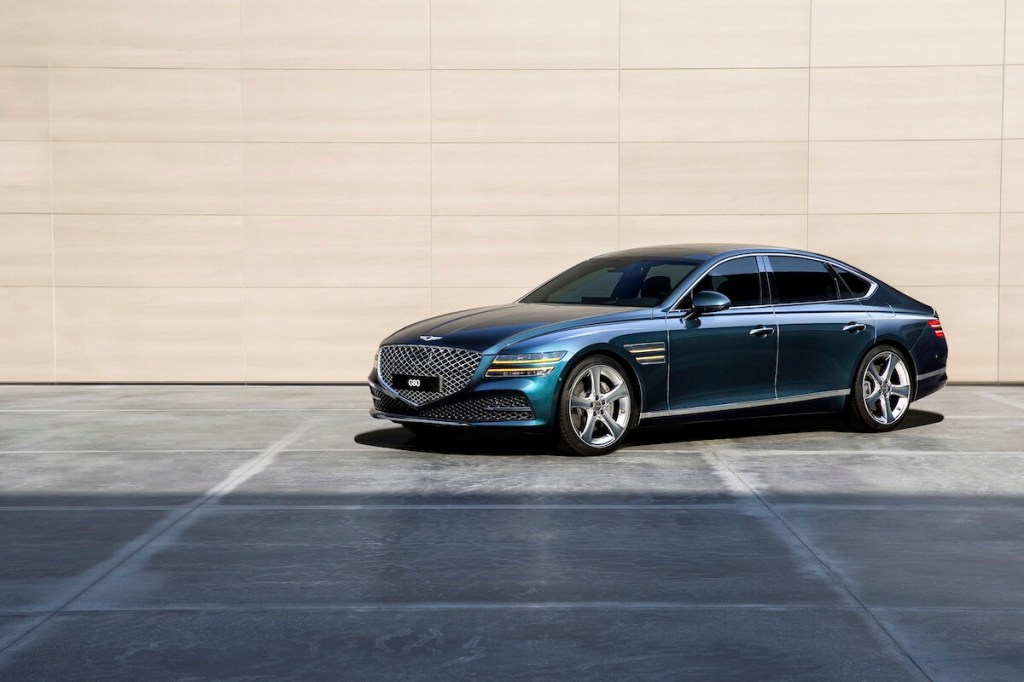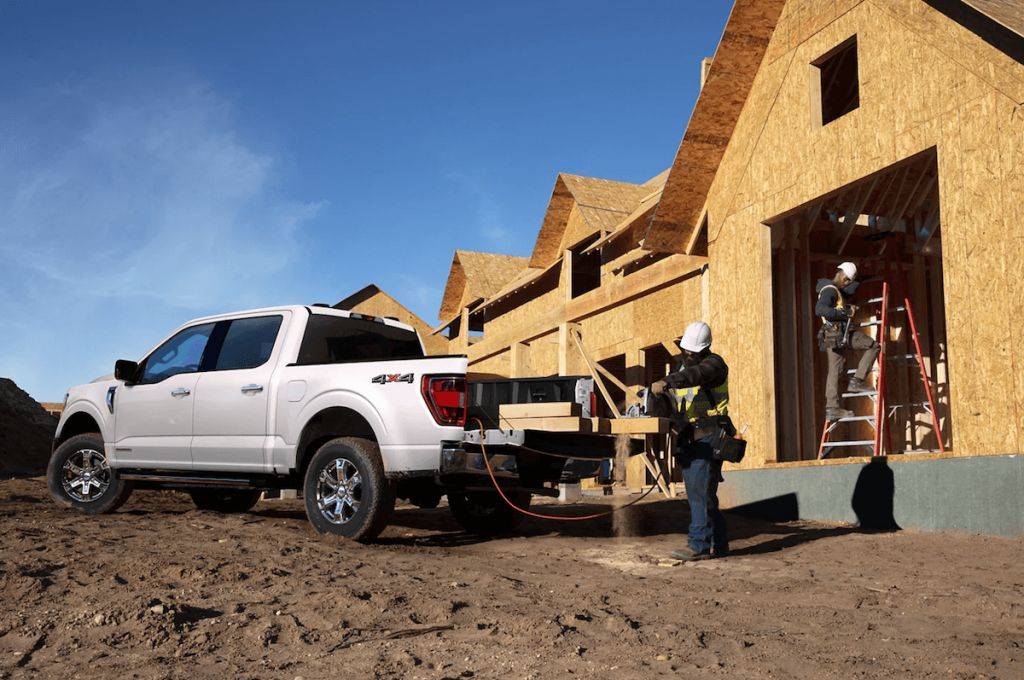
Is Buying a Car for Your Business a Good Investment?
Many of us own small businesses, and many of us need to drive for that small business. Construction workers, couriers, plumbers, Realtors and even journalists need to drive for our jobs. It makes sense that we should have a car that can get us to and from appointments reliably that, in some ways, we don’t own. Yes, you can get some helpful tax deductions by buying a car for your business, but you also incur more liability and maybe even some extra costs.
Find a car that’s a good fit

If you’re a real estate agent, you want a car that you can use to take prospective clients around town. That means you’ll probably want a full-size sedan with lots of rear legroom, like a Genesis G80 or a Chrysler 300. On the other hand, if you’re a contractor, a pickup like an F-Series or a work van will make more sense. But, it’s best to assess your needs and see how it fits into your budget.
The costs will add up if you’re buying a car for your business

Registration fees, taxes, and fuel will certainly cost your business money. But, the insurance costs may be significantly higher because business policies generally require higher coverage ratings. Some, though, see this as a bonus of a company car. The tax impacts can vary, even if you’re leasing a car for your business.
Look into the Section 179 deduction to immediately deprecate a vehicle

Small businesses use stuff, and when they do, they can claim depreciation on their taxes. But, many small business owners don’t realize that that they can depreciate a significant amount on their large SUV or truck, too. And, under some circumstances, small businesses may even be able to take full depreciation and not just for electric vehicles. There’s something called the Section 179 deduction that allows you take a massive amount off the cost of your new SUV or truck, according to The Balance.
Which trucks and SUVs? Well, according to the IRS, vehicles with a gross weight of more than 6,000 pounds can qualify. There was once something called the “Hummer Writeoff,” where businesses tried to write off the full cost of an expensive luxury SUV, like a Hummer, so, there is a limit. You can research the intricacies and research the list of vehicles applicable at IRS.gov.
How do I buy a car under a business name?

If you run your own small business, it makes sense to buy the car under your business name. You can slap your business name on the side and use it for advertising or branding. However, if the car belongs to the business, you can, according to J.D. Power, separate your business assets from your personal assets. That means that you protect yourself from liability if you get into an accident.
But you can’t just say, “I’m in business, that’s my business car.” You need to be able to prove to a lender that you’re in business and have good business credit. That means you’ll need a federal tax number, or what is called Employer Identification Number or EIN, and you need a Taxpayer Identification number, sometimes called an ITIN.
The bottom line of buying a car for your business
Buying a car for your business makes a lot of sense for some types of workers. You can also enjoy the tax benefits that come with a business car. You can separate your assets, you can even deduct your gasoline and maintenance costs. In some circumstances, you can even write off some tax costs. But, make sure you get the right tax advice before you make any big purchases.


